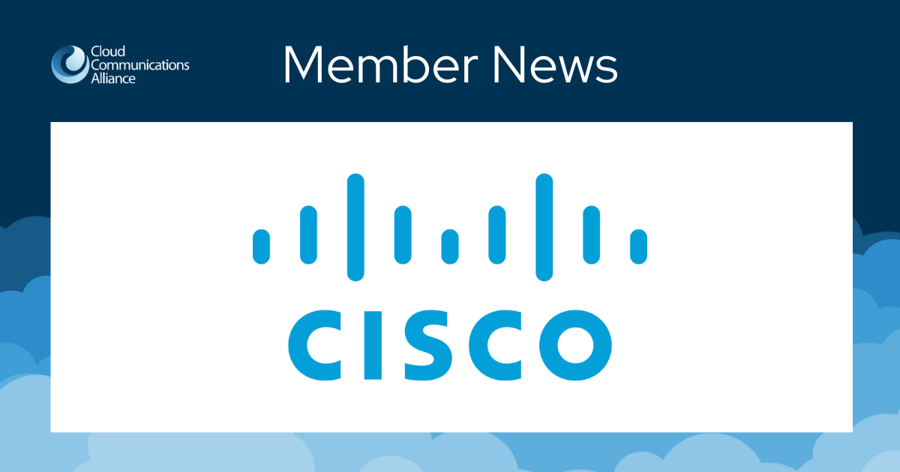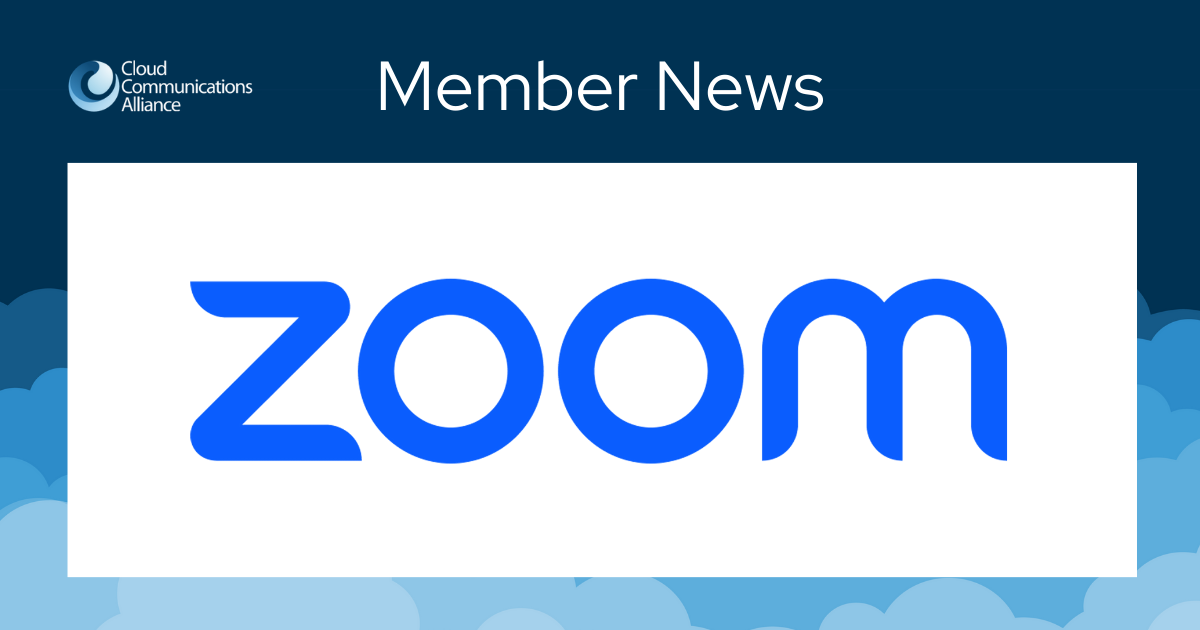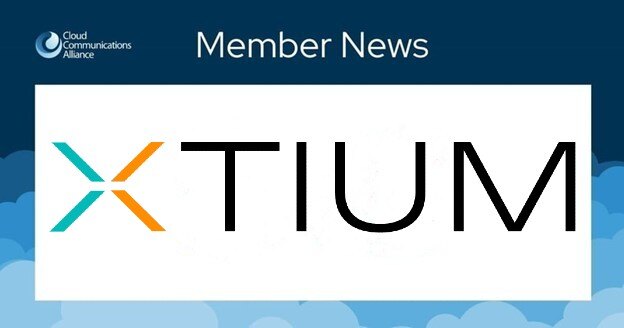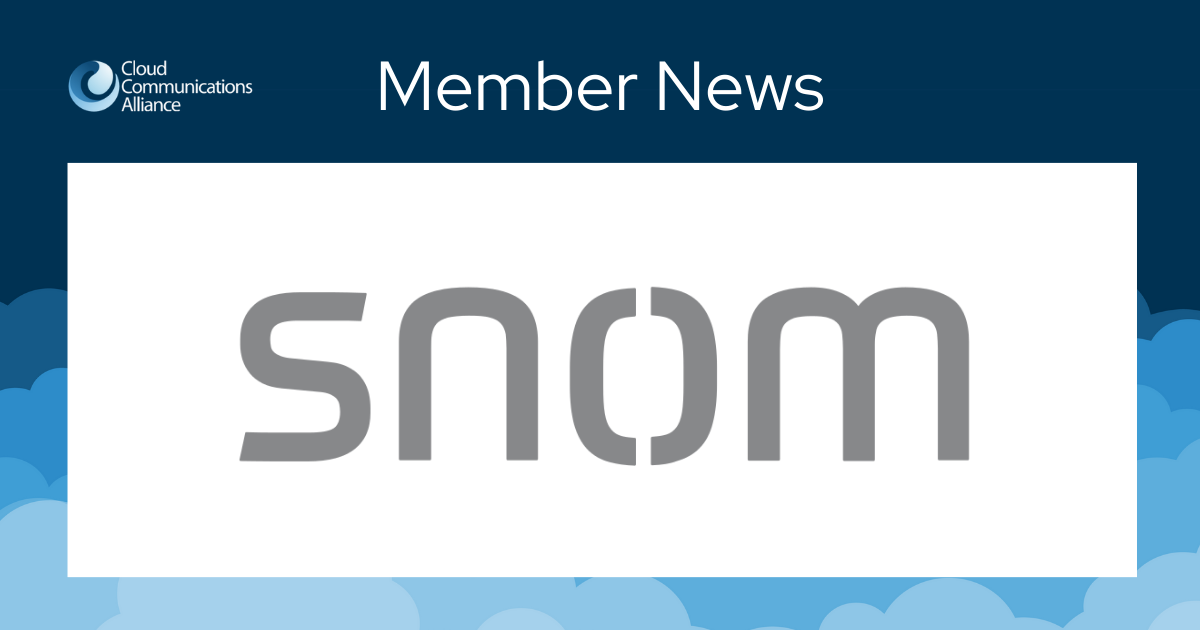Cisco and the OECD: Building the World's First Full Picture of Digital Well-being

The collaboration with the OECD is part of Cisco's Country Digital Acceleration program, a global co-innovation platform that is helping power inclusive communities and resilient economies.
ROME, ITALY - November 7, 2024 - Cisco, the worldwide technology leader, with the Organisation for Economic Co-operation and Development (OECD), today launched the Digital Well-being Hub, the world's first cross-cutting study into the complex relationship between digital technologies and individual well-being. As AI and technology rapidly transform the ways we live, work, and connect, there has never been a comprehensive understanding of the overall impact of digital transformation on our well-being. Until now.
Daily Digital Experiences: the Missing Piece in Well-Being
Existing research already indicates that 40% of adults in OECD countries lack basic digital skills, potentially hampering their ability to safely navigate digital environments, including understanding digital privacy and the mental health implications of online activities. The situation gets more complex when considering that more than half of the workers in these countries are concerned that AI-related data collection could result in biased decisions against them. However, this picture is still incomplete. What is missing is an understanding of how different people experience these interconnected issues on a daily basis and how they impact overall well-being. For instance, a lack of digital skills may limit job prospects, or uncertainty about application of technology might deter responsible social media use, or participating in online education, healthcare or civic engagement.
"Digital well-being isn't one thing; it's multifaceted and interconnected, requiring a holistic understanding to responsibly navigate the AI era and beyond. But we've never fully examined technology's impact on our well-being across various aspects of everyday life such as education, health and jobs," said Guy Dietrich, SVP and Chief Innovation Officer, Cisco. "The evidence we gather from our Digital Well-being Hub will help people build healthier relationships with technology and create a more sustainable, secure, and inclusive digital future. By understanding how technology influences our well-being, we can unlock its full potential."
Connecting the Dots in Digital Life
The Hub aims to dig deeper into the interplay between these issues by taking a holistic view of digital well-being that makes connections between the use of digital technologies and factors such as life satisfaction, mental health, digital skills, cyber safety, civic engagement, climate consciousness and social connections. Contributions from visitors to the Hub will inform pioneering research that will go beyond technology to focus on outcomes that enhance the quality of digital life for everyone.
"The Digital Well-being Hub shines a light on how advanced technology can build healthier lives and communities - and this is just the beginning," said Francine Katsoudas, Cisco's Chief People, Policy & Purpose Officer. "Connecting global populations through shared experiences presents an uplifting vision, but also an important call to action on behalf of the 2.6 billion people who still lack access to the Internet. This means that a third of the global population - largely in the world's poorest countries - can't participate and won't be represented. We must commit to narrowing this gap as the first and most fundamental step to global well-being in the digital age."
Building the First Full Picture of Digital Well-Being
The groundbreaking study, the first to connect different well-being dimensions in a single view, wrestles with the contradictions of the digital world. Where digital technology is accessible, available, and affordable—and people have the right skills—it can improve economic well-being and transform the way we work, live, and connect. AI for example, can boost productivity and improve working conditions. But it can also show biases against women and minorities. The effects of digital technology on the social, environmental, and relational aspects of well-being are less clear-cut, with risks and negative effects heightened by excessive or problematic use.
Part-crowdsourcing platform, part-research tool
The Digital Well-being Hub is grounded in the OECD Well-being Framework. It captures real-time evidence of people's well-being, digital behaviors, and inequalities in technology use. Visitors to the Hub can also explore and interact with the OECD's existing findings on technology's impacts and compare country-level data.
"Through the Digital Well-being Hub, we will hear directly from people to better understand the interplay between technology and life that can inform new decisions and policies, and spur action to improve outcomes for people," said Romina Boarini, Director, OECD Centre for Well-being, Inclusion, Sustainability and Equal Opportunity (WISE). "Up to 14% of people in OECD countries feel lonely, which could be potentially exacerbated by the use of digital tools. Through our collaboration with Cisco, we are exploring the unintended consequences of excessive or problematic use of digital tools to understand how people live in the digital world. Our findings will help to shape policies and foster a more equitable and inclusive digital future."
How's Digital Life for You?
During the next several months, Cisco and the OECD are calling on people globally to contribute their experiences via the Hub. Once enough responses are collected, the OECD will analyze and synthesize people's experiences (the subjective data) with existing OECD research (objective data) to provide a more holistic view of digital well-being in 2025.
Additional Resources:
About Cisco
Cisco is the worldwide technology leader that securely connects everything to make anything possible. Our purpose is to power an inclusive future for all by helping our customers reimagine their applications, power hybrid work, secure their enterprise, transform their infrastructure, and meet their sustainability goals. Discover more on The Newsroom and follow us on X at @Cisco.


